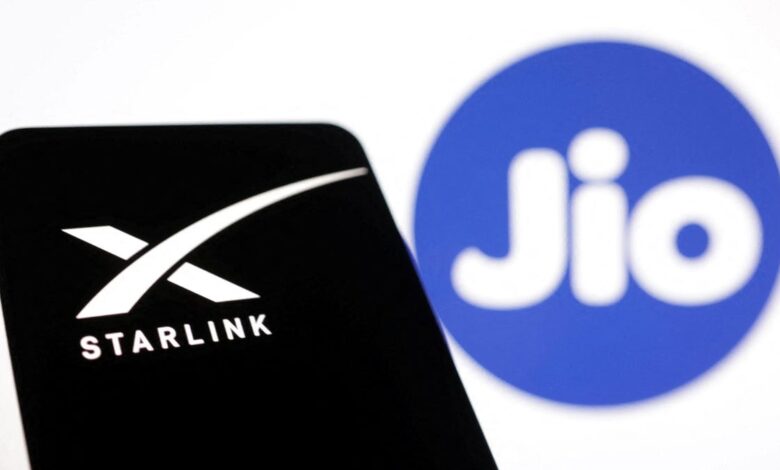India’s telecommunication bill is good for Elon Musk’s Starlink

Elon Musk said in June he was “looking forward” to bringing Starlink to India. And now it’s likely he will be able to do just that, thanks to a bill passed in the Lok Sabha (lower house of parliament) on Dec. 20 and in the Rajya Sabha (upper house) on Dec. 21.
Under the new telecommunications legislation, India will allow spectrum allocation for satellite-based services without requiring participation in auctions. Instead, the players will go through an “administrative process.”
This move will reportedly benefit the likes of Starlink, as well as rivals including OneWeb and Amazon’s Kuiper, which lobbied against the auction route, arguing that auctions increase costs and defer investments. Their stance, in a nutshell, is that auctions make a low-cost option pricier.
Starlink, with satellites providing internet connectivity in over 40 countries, has been eyeing the world’s most populous nation for a few years now. It even started taking preorders for its devices in October 2021. But one month later, India’s telecommunications department said Starlink lacks a license in the country, stopping registrations in their tracks.
Musk is likely cheering on the new bill, which replaces two nearly century-old bills—the Indian Telegraph Act established in 1885 and the Wireless Telegraph Act of 1933—but it has been met with some backlash at home. Activists believe it gives the Narendra Modi-led government unprecedented power to control telecom services and networks, including monitoring traffic data and intercepting communications under the pretext of national security interests.
Company of interest: Reliance Jio
India’s richest man has been locking horns with the world’s richest man over satellite broadband.
While the global heavyweights rallied against an auction system, Reliance Jio, the telco arm of Mukesh Ambani’s conglomerate, was in favor of auctions. The company said an auction system would maintain a level playing field as foreign satellite service providers offer voice and data services, directly challenging traditional telcos—and that without it, the foreign firms are poised for “runaway success,” like Amazon in India’s e-commerce market.
Jio is especially interested in warding off competition after it launched its own JioSpaceFibre in late October.
Satellite internet in India, by the digits
140+: Opposition members of parliament facing suspension at the time the bill passed.
5,000: Pre-orders Musk’s Starlink had received for its devices as of January 2022, which it had to refund because it struggled to obtain regulatory licenses.
200,000: Starlink terminals the company hoped to have for India by the end of 2022, predicated on a commercial rollout beginning in April 2022, according to a presentation that Starlink’s then-India head Sanjay Bhargava shared on LinkedIn
2: Firms with a Global Mobile Personal Communication by Satellite (GMPCS) license from the department of telecommunications—Jio and Bharti Airtel-backed OneWeb, which merged with the French firm Eutelsat in September
4: Remote cities across India in which JioSpaceFibre is now available. These include Gir in Gujarat, Korba in Chhattisgarh, Nabarangpur in Odisha, and OMGC-Jorhat in Assam
47: Share of the 64 submissions made to TRAI that called for a non-auction route for the spectrum allocation. One dozen respondents, including Jio, voted for an auction.
Quotable: The Indian government’s increasing control over India’s internet
“If internet services are included in the law’s ambit, then the several alarming requirements related to surveillance, possession, suspension, authorisation, etc. will be applied to those services as well, deepening the threats to our rights and freedoms. To avoid expansion or re-interpretation of the scope in the future, the definition of telecommunication and telecommunication services, in the bill itself, must explicitly exclude internet services.”
—Internet Freedom Foundation Dec. 20 statement on the new bill



